A new deep-sea search has been launched for the missing MH370 flight, aiming to uncover the aircraft’s final location.
More than a decade after the mysterious disappearance of Malaysia Airlines Flight MH370, deep-sea explorers are optimistic about locating the aircraft’s wreckage.
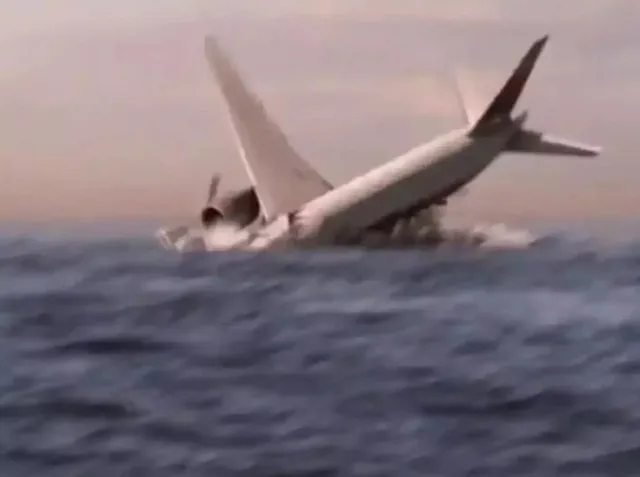
The flight, which departed from Kuala Lumpur, Malaysia, in the early hours of March 8, 2014, was en route to Beijing, China, when it vanished from radar.
This incident has since become one of the greatest mysteries in modern aviation history.
The disappearance and search efforts
After takeoff, MH370’s last known position was in the Andaman Sea, detected by a military radar.
Following this, the plane vanished without a trace, leading to extensive search efforts and numerous theories about its fate.
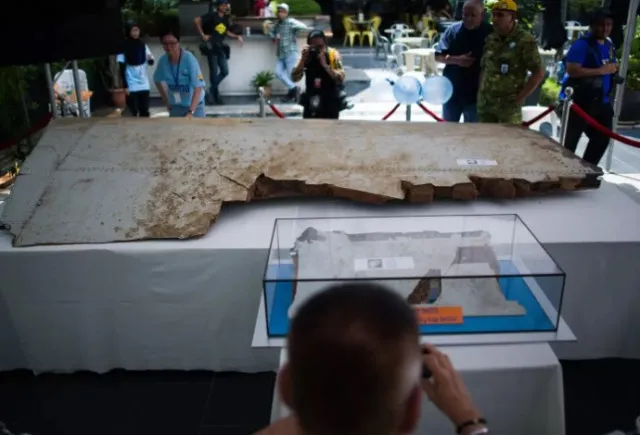
The Air Accidents Investigation Branch (AAIB) later suggested that the plane most likely crashed into the Southern Indian Ocean.
This location is approximately 2,500 kilometers west of Perth, Australia.
Despite finding some aircraft debris, the exact crash location remains unknown, fueling ongoing speculation and investigation.
New hopes from deep-sea exploration
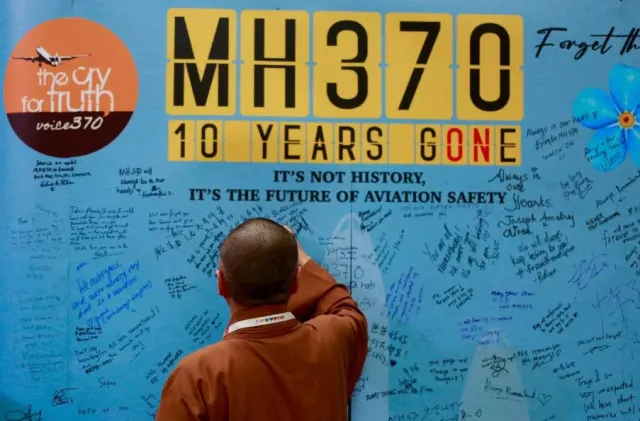
Tony Romeo, CEO of Deep Sea Vision, believes his team could finally solve the mystery of MH370.
Romeo, who gained recognition for claiming to have located Amelia Earhart’s plane in January, now asserts that his company has the technology and expertise to find MH370.
In an interview with the Australian TV show *60 Minutes* in March, Romeo expressed confidence in his team’s capabilities.
He cited their successful use of underwater technology as a key factor in their efforts.
Innovative technology and search plan to find MH370 missing
Romeo plans to use the Hugin 6000, an advanced underwater drone, to scour the ocean floor for the missing plane.
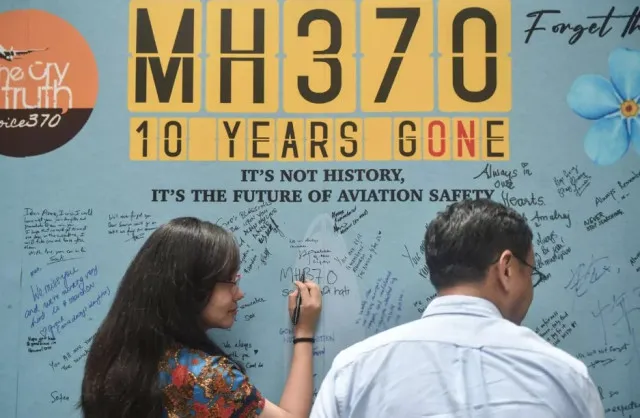
Detailing his approach, he explained, “I think we can find flight MH370. We’ve proven our credibility, competence, and ability to use novel techniques.”
Going on to explain how the drone would work at the bottom of the ocean, Romero added: “It [the drone] flies at 50 metres above the seafloor and it just goes back and forth, back and forth, back and forth.
“Big eyes, looking at everything it can see, sucks and stores data, comes back up to the surface, we pluck a thumb drive into it, pull the data out, and we watch it on a computer exactly what it looked at.”
The Hugin 6000 drone operates at 50 meters above the seafloor, methodically scanning the area in a grid pattern to gather detailed data.
The drone collects vast amounts of visual information, which is then analyzed to identify any potential wreckage.
Moving forward: seeking government approval
Deep Sea Vision is preparing a proposal to submit to the Malaysian government, seeking approval for their search mission.
Romeo emphasized the importance of finding answers for the families of the 239 passengers who were aboard MH370.
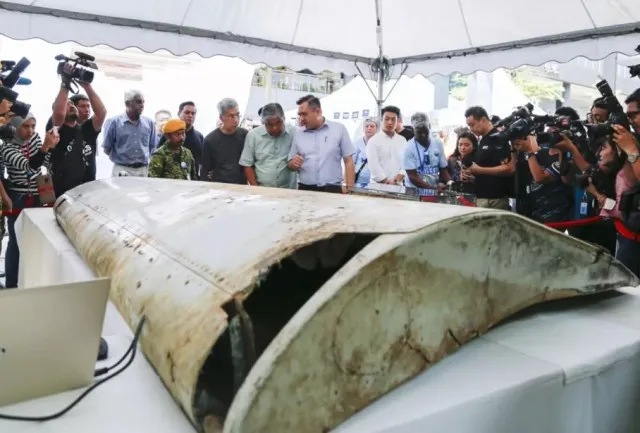
“I believe that the Malaysian government wants answers. It wouldn’t be fair to the families to leave this unresolved,” he stated.
The quest to find MH370 continues to capture global attention.
With new technology and dedicated teams like Deep Sea Vision, there is renewed hope that the wreckage might finally be found.
The potential discovery would bring closure to one of aviation’s most enduring mysteries. It would also offer solace to the families affected by the tragedy.
As efforts to locate MH370 progress, the world watches closely.
Many hope that this new search will finally uncover the answers that have eluded us for so long.